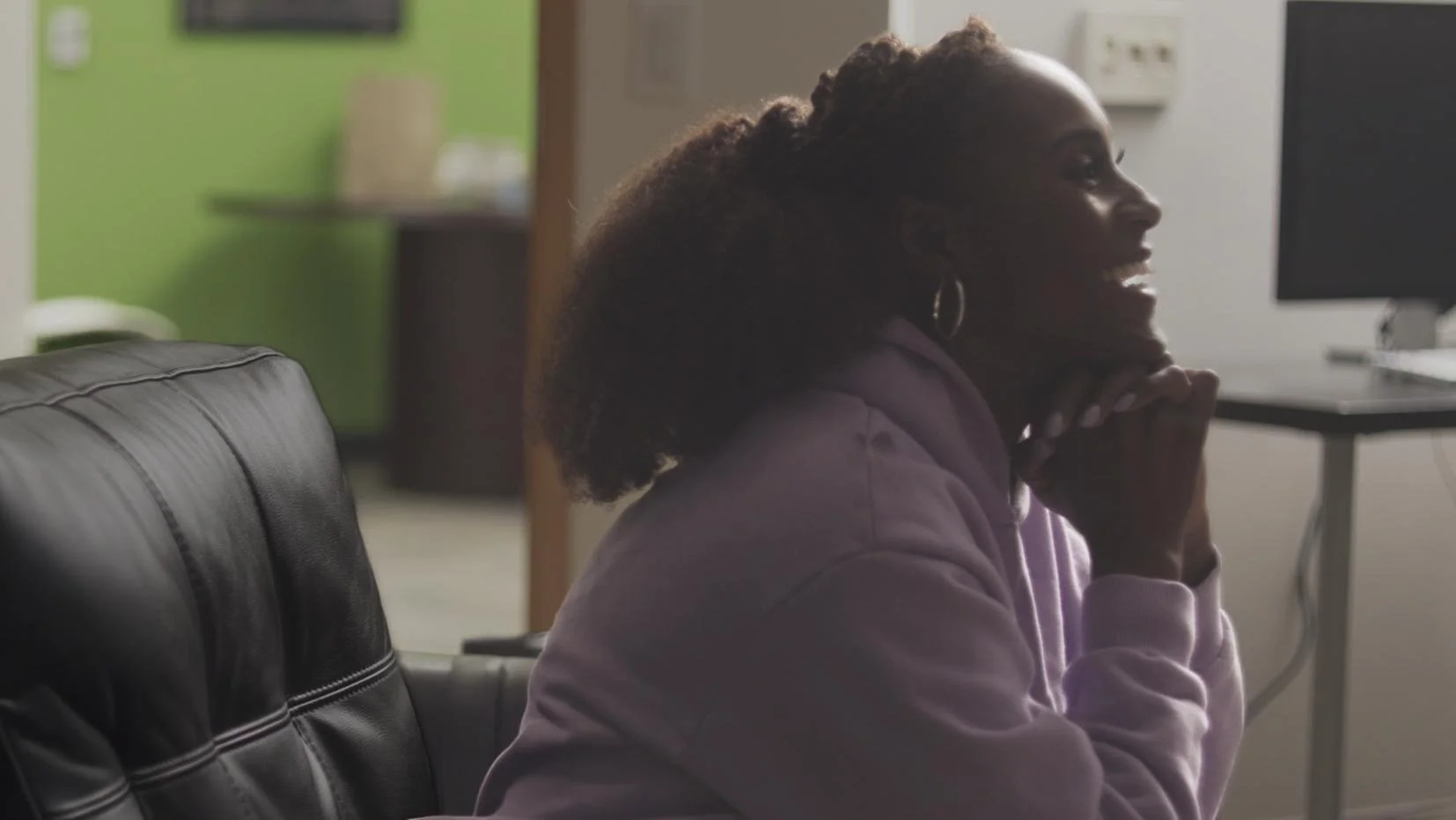SXSW 2025 Reel Review: Seen & Heard Is Giselle Bailey’s Way Of Reminding The Black Community To Take Ownership
Director and Producer Giselle Bailey understands what it means to take full advantage of watching eyes, listening ears, and pouring hearts. As a woman of color in America, I know firsthand the importance of seizing an audience. What do I mean by that? If you aren’t often given the opportunity to speak or share your thoughts, it’s crucial that when you do get the chance, you give people a reason to listen. And Bailey achieves exactly that in the newest HBO series Seen & Heard. You know someone’s doing their job right when we get a jaw-dropping explanation for Shonda Rhimes’ exit from ABC. No one’s shocked about the incident itself, but Rhimes is notoriously a closed book—so to hear these actually unheard truths? Pretty impressive, if you ask me.
Seen & Heard flips the camera toward the real lives of some of the most influential talent in the Black TV industry, diving into just how complicated and unreliable the industry can be. This documentary doesn’t waste time entertaining with unnecessary details or prioritizing fluff. Instead, it selects powerful voices and gives us stories that move steadily, seamlessly, and naturally. The filler is in the details—the questions, the timeline—but Bailey’s creative storytelling choices show true care for both the stories and the audience.
Heard is one of the two episodes in this limited series, and the half that premiered at SXSW. It focuses on figures like Oprah Winfrey, Issa Rae, Lena Waithe, Tyler Perry, Cord Jefferson, Mara Brock Akil, and Terence Nance. It’s through these creatives’ stories that we’re guided through television history in an intentional, controlled, and meaningful way. Each of them has infiltrated the TV world, giving us some of the most iconic stories in Black media (and honestly, all media). Shows like Insecure, Grey’s Anatomy, The Game, House of Payne, and so much more.
But most notably, they’ve each taken ownership of their art, following paths that honor their culture and individuality—yet another thing Bailey gets right. She avoids the common pitfall of leaning into a victim mindset and instead uplifts what a growth mindset can look like for our community. That’s not to say challenges don’t exist. Oprah shares the moment she realized she needed to take back the narrative, rather than just be a vessel for it. Tyler Perry reminds us of the power of trusting yourself and understanding your community. There’s a heavy truth in the way Perry talks about the value of showing up for each other.
These stories bleed into newer ones—like the incredibly talented Issa Rae, who’s kicked down so many walls to show how impactful Black creatives are and how vital we are to all culture, especially TV culture. These stories don’t just land—they serve as a guidebook for navigating what I call the “cultural dead years,” where the Black voice or perspective gets lost. Insecure and shows like it shouldn’t be the exception—they should be the standard. And we’re not there yet.
But it’s not all rainbows and roses. These subjects are honest. They share their difficulties in ways that aren’t trauma dumps, but instead confront the real truths of their experiences and the industry.
Heard is relevant—and it will stay relevant—as the world around us continues to shift and challenge us. Even though the series was first announced in 2020, its themes are still a reality we’re living in and continue to recycle. Heard is your guidebook to taking ownership as a person of color in media. It’s gentle, it’s honest, and it never strays from its “why.”

